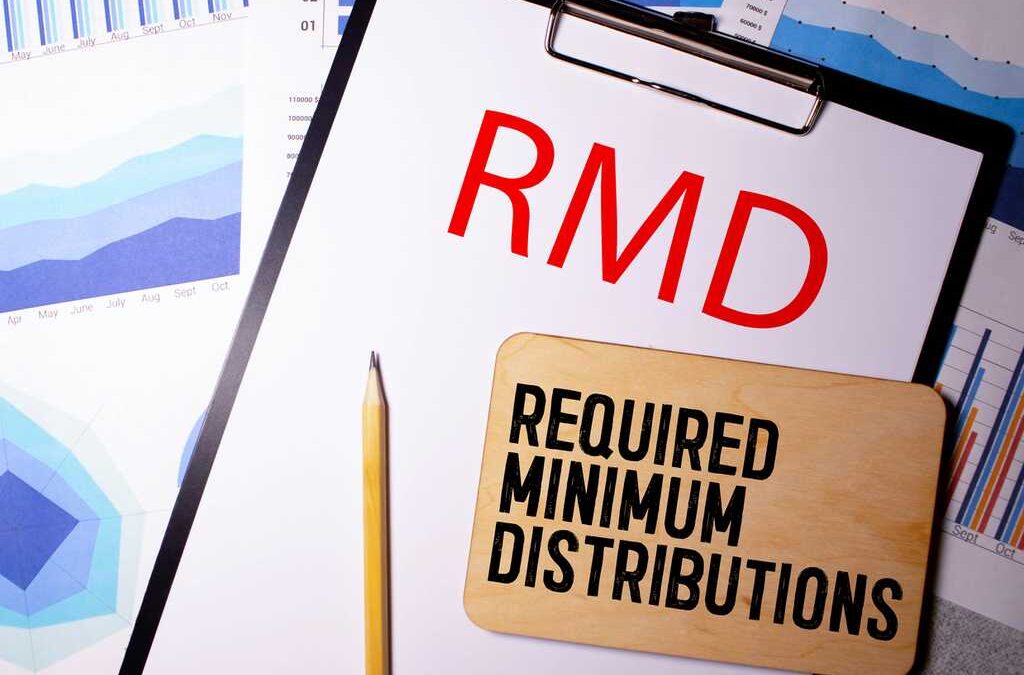Are you planning for a secure and rewarding retirement? Do you want to make a meaningful impact through charitable donations? Thanks to the latest Required Minimum Distribution (RMD) rules, you can now combine both goals and turn your charitable contributions into retirement income for life. In this article, we will explore how these new rules work, the benefits they offer, and how you can make the most of this unique opportunity.
Understanding the New RMD Rules
Required Minimum Distributions (RMDs) are mandatory withdrawals that individuals with tax-advantaged retirement accounts like Traditional IRAs and 401(k)s must take once they reach the age of 72. These distributions are taxable and were designed to ensure that individuals use their retirement savings during their lifetime. However, recent updates to the RMD rules have introduced a charitable twist, allowing retirees to donate a portion of their RMDs to qualified charities.
Making Qualified Charitable Distributions (QCDs)
With the latest RMD rules, eligible individuals can make Qualified Charitable Distributions (QCDs) directly from their retirement accounts to eligible charitable organizations. QCDs provide a tax-efficient way to support causes close to your heart while satisfying your RMD obligations.
The Benefits of QCDs
Reducing Taxable Income: When you make a QCD, the donated amount is excluded from your taxable income. This means you won’t have to pay income tax on the distributed funds, potentially putting you in a lower tax bracket.
Meeting Your RMD Obligations: By directing a portion or all of your RMD to charity, you satisfy your RMD requirements without adding the withdrawn amount to your taxable income
Supporting Causes You Care About: QCDs allow you to give back to the community and support charitable organizations that hold personal significance to you
Lifetime Income Stream: In addition to the tax benefits, some charitable organizations offer annuity-like options where the donated funds provide you with a steady stream of income for life.
Qualifying for QCDs
To qualify for QCDs, you must meet certain criteria:
Age Requirement: You must be at least 72 years old to be eligible for QCDs.
Qualified Retirement Account: QCDs can only be made from eligible retirement accounts like Traditional IRAs and 401(k)s. Roth IRAs, SEP IRAs, and SIMPLE IRAs are not eligible for QCDs.
Charitable Organization Eligibility: The receiving organization must be a qualified 501(c)(3) charity and able to accept tax-deductible contributions.
Steps to Make a QCD
Consult Your Financial Advisor: Before making any decisions, consult with your financial advisor to ensure QCDs align with your retirement and financial goals.
Check Eligibility: Verify that your retirement account qualifies for QCDs and that the intended charity is eligible to receive tax-deductible donations.
Calculate Your QCD Amount: Determine the amount you want to donate as a QCD. You can donate up to $100,000 annually
Notify Your Account Custodian: Inform the custodian of your retirement account about your intent to make a QCD and provide the necessary instructions.
Complete the Distribution: Ensure that the distribution is made directly from your retirement account to the eligible charity to qualify for the tax benefits.
Potential Impact on Estate Planning
QCDs can have a positive impact on your estate planning strategy. By reducing the size of your retirement account through charitable donations, you may reduce the amount of taxable assets in your estate. This, in turn, could lead to potential estate tax savings.
The latest RMD rules have introduced a fantastic opportunity for retirees to combine their charitable inclinations with their retirement income strategy. Making Qualified Charitable Distributions not only allows you to fulfill your RMD obligations but also provides numerous tax benefits and the satisfaction of supporting causes that matter to you. Consider exploring QCDs as part of your retirement and estate planning to make a lasting impact on both your financial future and the charitable organizations you care about. Always consult with a financial advisor to ensure QCDs align with your specific circumstances and long-term objectives.

